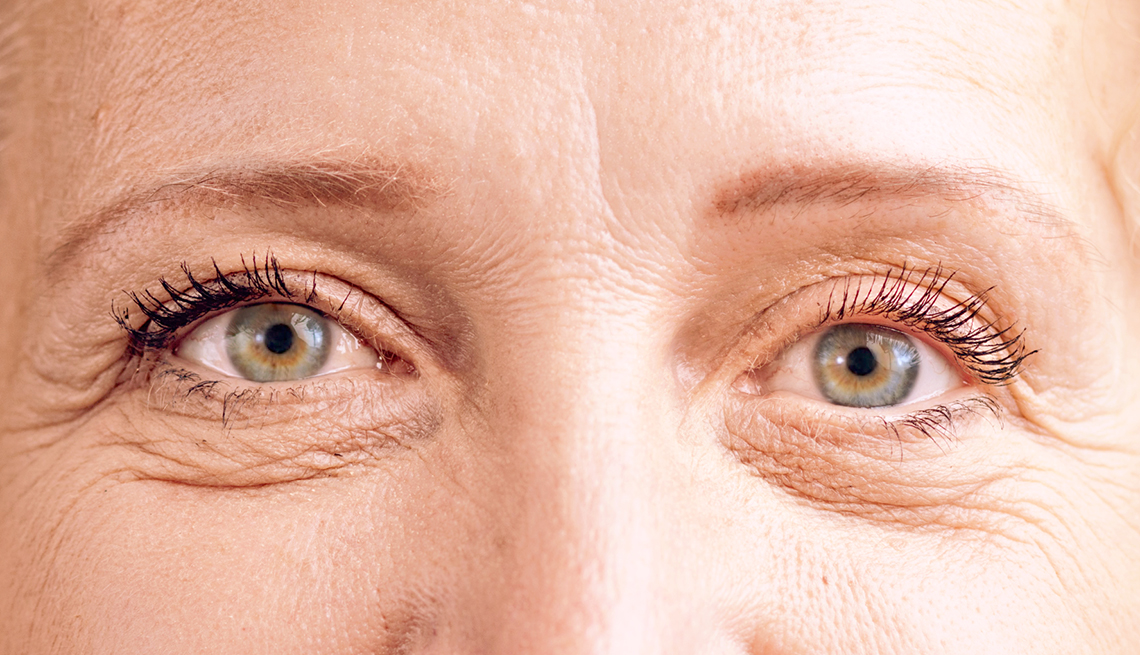All Categories
Featured
Table of Contents
Preserving ideal eye health and wellness is vital for a premium quality of life, and regular eye tests are a crucial part of that maintenance. Vision modifications can happen at any type of age, making it essential to tailor eye treatment referrals to different life phases. Here's a guide on how typically eye tests ought to be set up for different age to guarantee the most effective possible eye wellness.
During this visit, eye treatment experts assess aesthetic acuity and check for any developing concerns. If no concerns are kept in mind, the next eye test ought to take place before the child gets in institution, generally around ages five or 6.
Parents need to stay cautious for indicators of vision problems, such as squinting, problem concentrating on the chalkboard, or suffering headaches. If any of these signs occur, it's vital to set up an examination right away. Normal assessments guarantee that kids can perform well academically and get involved completely in tasks like sports.
![]()
Throughout young the adult years, people usually experience less significant changes in vision, but routine eye exams remain crucial. Young person need to have thorough eye exams every two years. Those with danger variables, such as a family history of eye condition, diabetic issues, or frequent contact lens usage, may need annual examinations.
Young people are commonly based on digital eye strain as a result of long term use computer systems and mobile phones. Symptoms like dry skin, fatigue, and blurred vision might arise from extreme screen time. If these signs persist, speaking with an eye care specialist can lead to individualized services, such as computer glasses or recommendations for way of living changes.
For individuals with underlying health and wellness conditions, such as hypertension or diabetes, even more frequent examinations may be essential. Routine surveillance is vital for handling these problems and making certain that any kind of prospective eye health and wellness problems are addressed promptly.
Senior citizens may also experience adjustments in their ability to see in low light or differences in shade assumption. Routine examinations allow eye care specialists to check these modifications and provide suitable treatments, guaranteeing senior citizens preserve their self-reliance and quality of life.
Infants and Toddlers (0-2 Years)
Eye wellness begins at birth. The American Academy of Pediatrics suggests that infants have their very first extensive eye test at around 6 months of age.During this visit, eye treatment experts assess aesthetic acuity and check for any developing concerns. If no concerns are kept in mind, the next eye test ought to take place before the child gets in institution, generally around ages five or 6.
Kindergarten and School-Aged Children (3-18 Years)
Youngsters ages three to 18 should go through regular eye examinations every one to two years. Although colleges often perform standard vision testings, these do not replace detailed tests executed by eye care experts. A complete eye test assesses not just visual skill however additionally eye coordination, tracking skills, and total eye wellness.Parents need to stay cautious for indicators of vision problems, such as squinting, problem concentrating on the chalkboard, or suffering headaches. If any of these signs occur, it's vital to set up an examination right away. Normal assessments guarantee that kids can perform well academically and get involved completely in tasks like sports.
Young Grownups (19-39 Years)

Throughout young the adult years, people usually experience less significant changes in vision, but routine eye exams remain crucial. Young person need to have thorough eye exams every two years. Those with danger variables, such as a family history of eye condition, diabetic issues, or frequent contact lens usage, may need annual examinations.
Young people are commonly based on digital eye strain as a result of long term use computer systems and mobile phones. Symptoms like dry skin, fatigue, and blurred vision might arise from extreme screen time. If these signs persist, speaking with an eye care specialist can lead to individualized services, such as computer glasses or recommendations for way of living changes.
Adults (40-64 Years)
Entering middle age causes much more visible changes in vision, especially the onset of presbyopia, which impacts the capacity to concentrate on close objects. Adults aged 40 to 64 need to have eye exams each to two years. This age is also at a greater danger for establishing problems such as glaucoma, cataracts, and age-related macular deterioration.For individuals with underlying health and wellness conditions, such as hypertension or diabetes, even more frequent examinations may be essential. Routine surveillance is vital for handling these problems and making certain that any kind of prospective eye health and wellness problems are addressed promptly.
Seniors (65 Years and Older)
For elders, the requirement for routine eye exams becomes much more critical as a result of a raised danger of age-related eye conditions. It is typically advised that individuals matured 65 and older have an eye examination at the very least annually. Early detection of conditions like cataracts, glaucoma, and macular degeneration is essential for protecting against vision loss.Senior citizens may also experience adjustments in their ability to see in low light or differences in shade assumption. Routine examinations allow eye care specialists to check these modifications and provide suitable treatments, guaranteeing senior citizens preserve their self-reliance and quality of life.
Verdict.
Comprehending the ideal schedule for eye tests based on age is important for protecting eye health and guaranteeing clear vision throughout life. By focusing on eye treatment and sticking to recommended test schedules, people can take positive actions to secure their vision and boost their overall health.Latest Posts
Step-by-Step Installation of Continuous Panel Fencing
Published Feb 11, 25
1 min read
Exploring the History of Continuous Panel Fencing
Published Feb 07, 25
2 min read
The Financial Benefits of Regular Car Maintenance
Published Feb 05, 25
1 min read